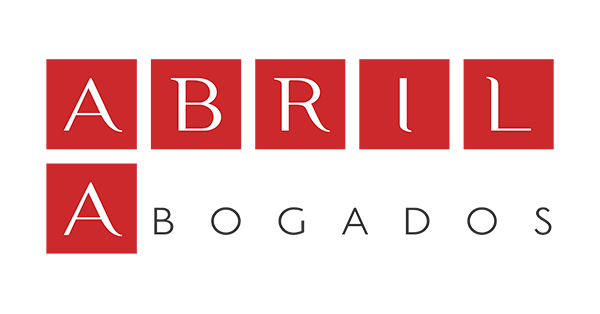 On September 8, 2022, the Court of Justice of the European Union issued a ruling (here) in a dispute in which two Swedish companies are vying for ownership of both European patents and patents filed in non-EU Member States (specifically China and the United States), which derived from the designation of the inventor.
On September 8, 2022, the Court of Justice of the European Union issued a ruling (here) in a dispute in which two Swedish companies are vying for ownership of both European patents and patents filed in non-EU Member States (specifically China and the United States), which derived from the designation of the inventor.
In this case, the company IRnova maintains that one of its employees should be designated as the inventor, or at least co-inventor, of the patents at issue, and that, therefore, and based on the established employment relationship, IRnova should be recognized as the owner (or co-owner) of the patents. According to IRnova, the opposing party, FLIR Systems, filed the patents in question in its own name, despite that it was not entitled to the rights in the underlying invention. The Swedish Court of First Instance held that it had jurisdiction to issue a decision in relation to European patents, but not for those filed in non-EU Member States, since it was an issue related to the “registration or validity of the patents” and, in such case, the Swedish Courts would not have jurisdiction, in accordance with art. 24.4 of the EU Regulation n. 1215/2012 on the jurisdiction and the recognition and enforcement of judgments in civil and commercial matters (“Brussels I Regulation (recast)”). Instead, the Chinese and American judicial authoritiesshould be considered competent to hear issues regarding entitlement to those national patents. IRnova appealed this decision to the Svea Court of Appeal (Stockholm), which then referred the question to the CJEU for preliminary ruling.
Article 24, point 4 of the Brussels I Regulation states that in matters of registration or validity of patents (among other IP rights), the courts of the Member State in which the filing or registration occurred have exclusive jurisdiction. According to the Swedish Court of First Instance, in this case it follows that China and the United States would have jurisdiction with respect to the patents filed in those countries.
In its ruling, the CJUE holds that in a case such as this – two companies from the same EU Member State disputing the ownership rights for patents file filed in a non-EU Member State – article 24.4 of the Brussels I Regulation does not apply, and that therefore the Swedish courts also have jurisdiction to issue a ruling on ownership of the patents filed in China and the United States. In support, the Court states that:
- Article 24.4 of the Brussels I Regulation does not cover situations such as that presented in this dispute.
- The subject matter of the proceedings is not a litigation about the “registration or validity of a patent”, but who is the inventor of the invention giving rise to the patent rights.
- The question of who owns the invention, which encompasses the question of the identity of the inventor(s), does not relate to an application for an intellectual property right or that right as such, but to the subject matter of such right.
- The fact that an examination of the claims of the patent or patent application at issue may have to be carried out in the light of the substantive patent law of the country in which that application was filed or where patent was granted does not require the application of the rule of exclusive jurisdiction set forth in article 24.4 of the Brussels I Brussels I Regulation, in application of article 4.1 of the same Regulation and the related case-law
Accordingly, to summarize, the CJEU ruled that article 24.4 of the Brussels I Regulation does not apply to proceedings aimed at determining, in the context of an action based on alleged inventor or co-inventor status, whether a person is the proprietor of the right to inventions covered by patent applications filed and by patents granted in non-EU Member States.

